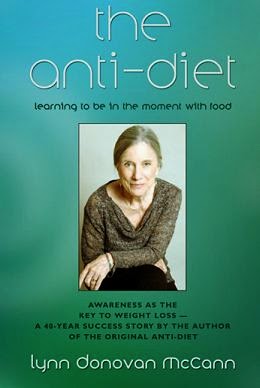It was my great pleasure to attend the IFPE (International Forum for Psychoanalytic Education) Annual Interdisciplinary Conference this month in Philadelphia. As a first-timer, I was thrilled and inspired by the wide-ranging and substantive approach to the topic of “Vulnerability and its Discontents.” A very few of the highlights that touched upon my particular interests included:
Deborah Britzman, winner of an IFPE award and Distinguished Research Professor at York University of Toronto. Her book, entitled “A Psychoanalyst in the Classroom: Education as Human Condition,” strikes me as a must-read.
Julie Cake, a practicing health counselor from Seattle who wrote a lovely, brave account of an early experience in therapy. “Please do write more. Writing is such a safe place,” I confided after her presentation. “Nobody can mess with you there!”
Elizabeth Crim, a Torrance, California psychologist who brings mindfulness through breath, posture, and movement into her clinical work. She is founder of the Moonstone Center, devoted to psychotherapy, wellness and professional development.
Inna Rosensvit, a New York neurologist and neurorehabilitation specialist whose presentation on the brain illuminated my work as writing coach to an award-winning author in recovery from serious brain injury.
Janet Sullivan, my dear friend and fellow-singer who practices in New York as the only dual-licensed Music Therapist and Psychoanalyst in the state. Her exquisite premise: “I have always understood that the voice is one of the most tender, the most potentially revealing, the most vulnerable organs of communication.”
Thanks, in addition to Lois Ehrlich who brilliantly “stage managed” the conference and permitted me to help with registration, and to Farrell Silverberg and Judith Vida (Board of Directors) who were so very welcoming to me.


